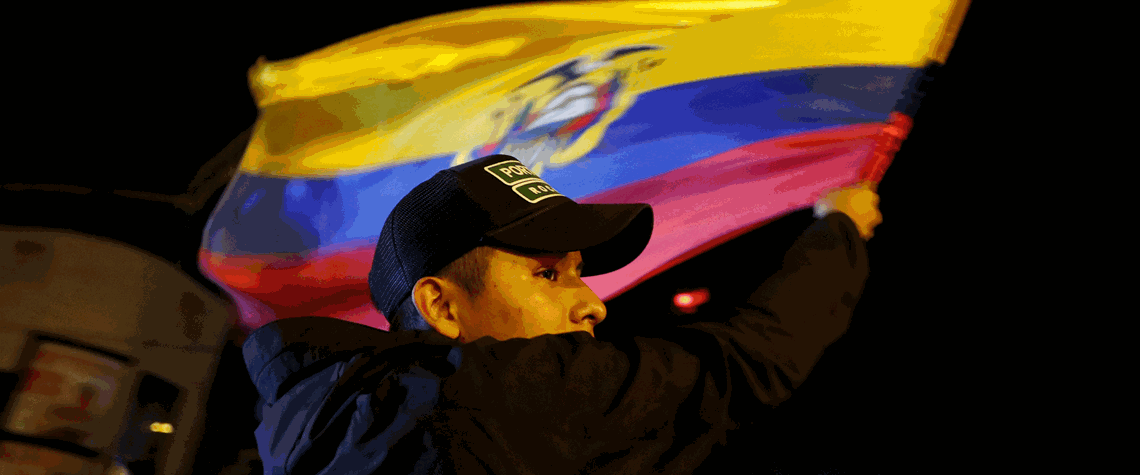Ecuador reverses fuel subsidy decision
Government backtracks after seizure of key oil fields and infrastructure decimate production
Anti-austerity protests mobilised across Ecuador against the government’s decision to end a 40-year subsidy on fuel prices—driving President Lenin Moreno from the capital Quito and prompting the state-owned oil company Petroecuador to declare force majeure on oil exports—have finally ended after the government agreed to broker a deal with indigenous groups. Moreno announced that the government will now annul the cancellation of subsidies, part of a programme of austerity measures agreed with the IMF. Last year, the organisation approved a $4.2bn loan with the Ecuadorian government to assist the country with debt issues. The IMF highlighted poorly-targeted fuel subsidies as a key chunk of gov

Also in this section
8 August 2025
The producers’ group missed its output increase target for the month and may soon face a critical test of its strategy
7 August 2025
The quick, unified and decisive strategy to return all the barrels from the hefty tranche of cuts from the eight producers involved in voluntary curbs signals a shift and sets the tone for the path ahead
7 August 2025
Without US backing, the EU’s newest sanctions package against Russia—though not painless—is unlikely to have a significant impact on the country’s oil and gas revenues or its broader economy
6 August 2025
Diesel market disruptions have propelled crude prices above $100/bl twice in this century, and now oil teeters on the brink of another crude quality crisis








